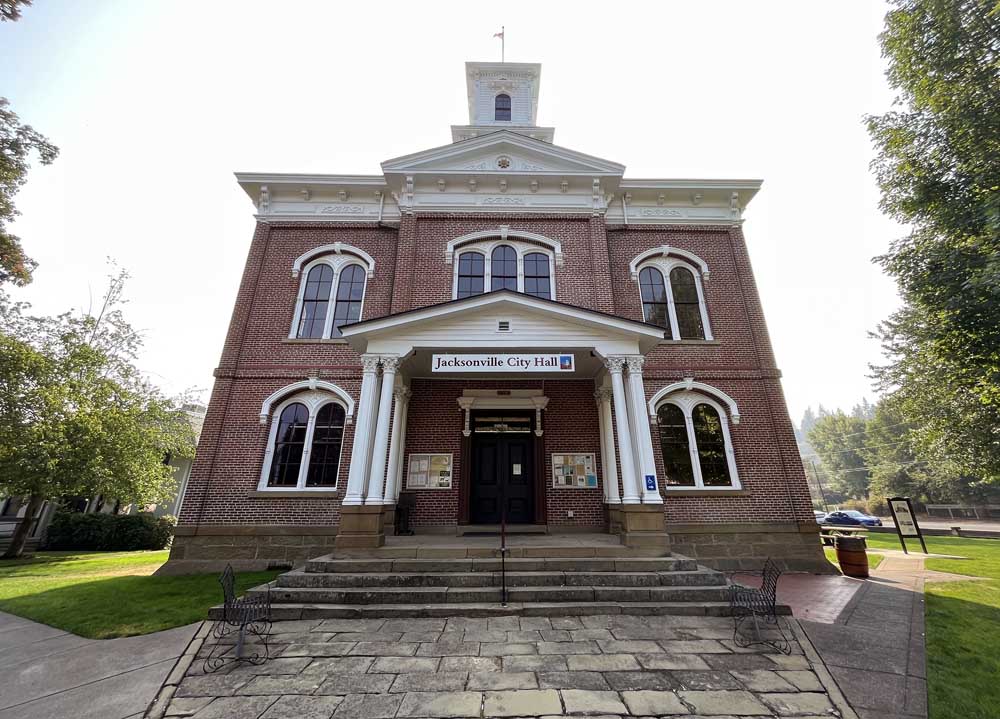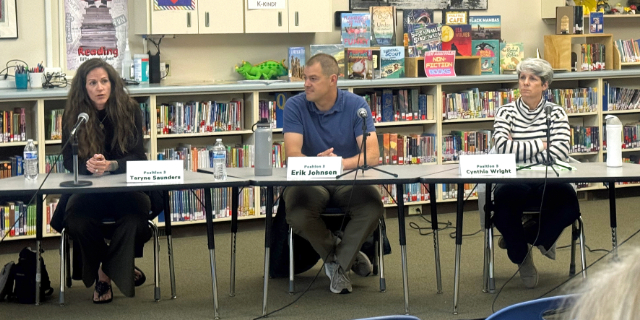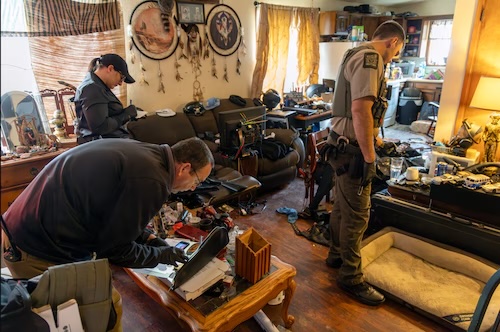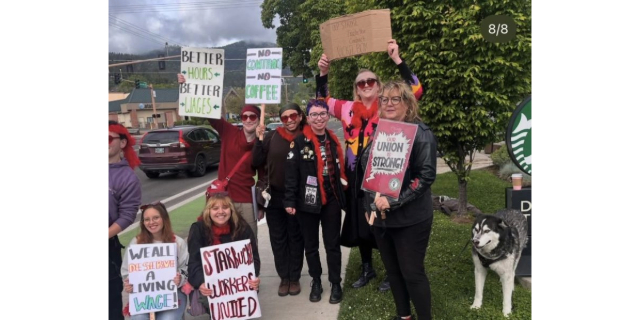Jacksonville looks to add land to city boundaries
Published 3:00 pm Sunday, September 24, 2023

- Jacksonville city councilors in August approved pursing an urban growth boundary amendment and directed city staff to prepare a scope of work and framework for the committee to evaluate the sites and applications.
Jacksonville city officials are taking steps to add land to city limits, directing the establishment of a technical advisory committee to explore amending the city’s urban growth boundary for future growth.
Two requests have been received from property owners requesting UGB amendments that would lead to inclusion of their land for housing and employment in city limits, a necessary step before development can begin. The last time the city brought land into its limits was 2001.
City councilors in August approved pursing a UGB amendment and directed city staff to prepare a scope of work and framework for the committee to evaluate the sites and applications. City staff had recommended the action.
“The purpose is to really get into a technical evaluation of the two projects that we have before us, to look at the data and see if there is enough there to support a possible amendment to the UGB,” said Ian Foster, planning director. “It’s making a determination to see if such a move is valid.”
Besides the technical group, a citizen advisory committee will be formed to ensure residents are involved in the process. How the two groups will work together is being determined, said Foster, who will serve as city staff for the process.
A TAC/CAC report would be forwarded to the Planning Commission for consideration and a public hearing before any recommendation would be sent on the council for potential action.
Applications were received from Stage Pass Properties, LLC to add 37 acres of land on South Stage Road east of city limits. The second application, by Freel & Associates LLC, seeks to add 30 acres of land that abuts Royal Mobile Estates and runs to North Oregon Street.
City staff reviewed data on employment and housing land and determined there is not a sufficient land supply to accommodate the city’s needs for employment land. The review found that the need for housing land was not as clear.
Earlier population growth projections from Portland State University suggested housing land was needed, but the latest PSU figures do not clearly show that, said Foster. But there may be a lack of land for higher density housing. The TAC would make a determination if expansion is justified to provide land for housing.
Freel and Associates’ application shows seven acres would be used for residential development and 10 acres would be set aside for employment. The other land would be used for a park, open space, roadways and buffers to adjacent agricultural land.
Lawyer Dan O’Connor is representing Freel in the process. O’Connor wrote in response to a request that it is too early in the process to provide comment.
Stage Pass’ development application showed 23 acres of buildable land, with 15 of them for medium or high-density housing and the rest for employment spaces.
The application was filed under a simplified UGB amendment process approved by the state a few years ago to speed up the process, said Raul Woerner with CSA Planning Limited, which represents Stage Pass. Under that scenario the council would have needed to consider the Stage Pass application alone instead of looking at all land.
“But it sounds like the City Council is looking at the total land needs,” Woerner said.
When a city uses the traditional process, it has to justify all the locally derived findings. Under the simplified process, state statistical findings and data can be used. Woerner said he is not aware of any city in Oregon that has completed a UGB amendment using the simplified process. The Freel application was submitted under the traditional process.
“We had talked to city staff about possibly scaling it back and just doing employment,” said Worner. Now his group will await the outcome of the city process.
The Stage Pass property is currently zoned for rural use, and such land is viewed by the state as more desirable for UGB inclusion rather than land that is zoned for forest or farm use. The 30-acre site north of town is zoned for exclusive farm use.
City officials must consider carefully if they want to add land from the forest/urban interface into the city after all the fire resilience work that has been done to reduce hazards in the town, said City Councilor Andrea Thompson during the August session.
“If we go forward, I don’t want to undermine all the great work to keep our residents safe,” said Thompson.
Thompson also expressed concerns about time lapses in the process so far and asked how the applicants are being kept informed.
“Those applications have been in limbo for a while. A lot of us have been concerned about the applications sitting in limbo,” said Thompson. Foster first brought the UGB amendment requests to the council in March last year. Council work sessions on the requests were held in August 2022 and February 2023.
Foster said the applicants are notified when the requests are on the city’s meeting agendas. He noted that both proposals had representatives in attendance for the council meeting.
Efforts to add land in Oregon to UGBs are usually time consuming. Phoenix earlier this year gained approval for a UGB amendment which was started in the middle of the last decade.






